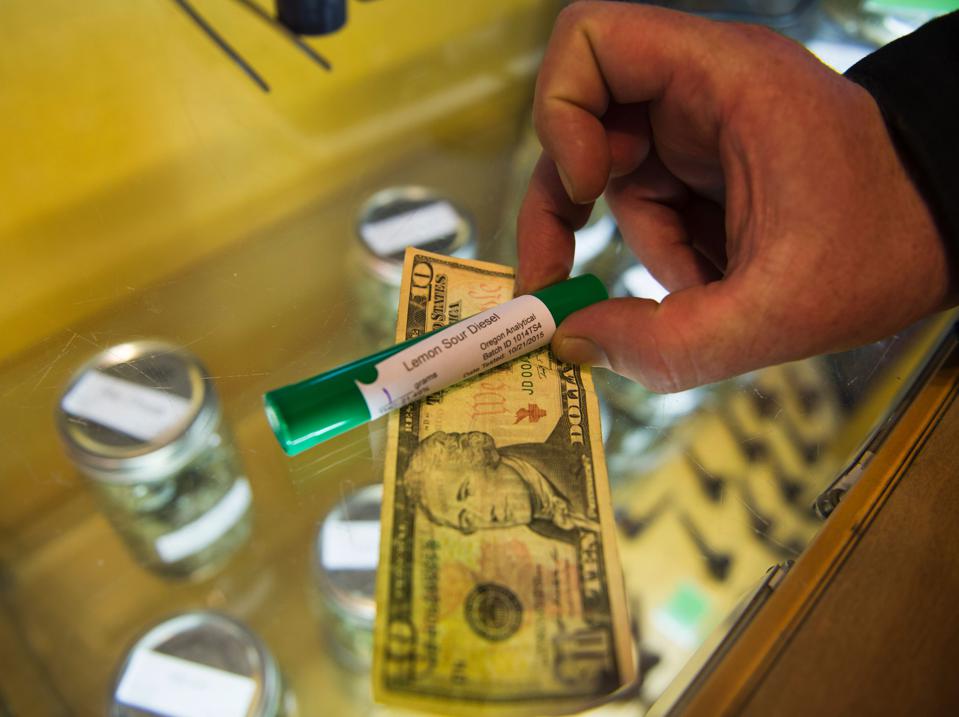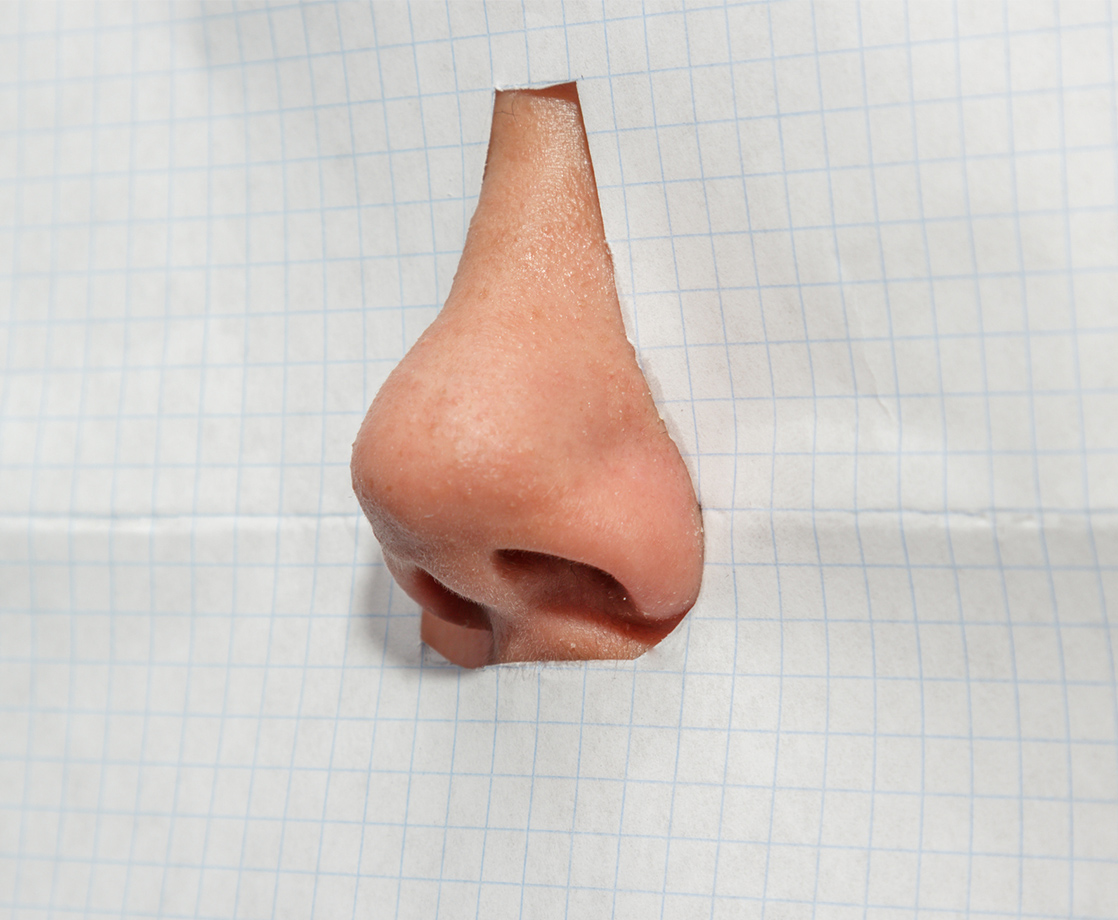Image via
Illinois’ thriving cannabis industry has sold more than $3 billion worth of legal weed in less than three years, according to monthly data from the state Department of Financial and Professional Regulation.
Since the Prairie State kicked off its adult-use cannabis market in January 2020, legal dispensaries have sold an impressive $3,063,872,803 worth of legal bud. And over $1 billion worth of those sales were made this year alone. Last year, the recreational market didn’t bust through the $1 billion barrier until October, and the industry only made $669 million in sales during its first year of operation.
July has been the adult-use industry’s hottest month this year, with nearly $136 million in sales reported. That figure set the state’s second-highest monthly sales record, just shy of last December’s $137.9 million record. Unfortunately, sales dipped by about 5% last month to $129.4 million. Even so, analysts expect that adult-use retailers will still be able to beat last year’s $1.38 billion annual sales record before this year is out.
This steady stream of income is bringing Illinois a reliable source of additional tax revenue. Since last April, the state has consistently been making more tax revenue from weed than it does from alcohol. In the 2022 Fiscal Year, which ran from July 2021 to June 2022, the finance department collected over $445 million in tax revenue. That’s 50% more than the amount collected in the prior fiscal year. Local governments also raked in a bonus $146.2 million during this fiscal year, up 77% from 2021.
As always, Illinois is putting this money to good use. The state’s adult-use law directs 25% of all weed tax revenue to communities most heavily impacted by the War on Drugs. To date, state officials have granted $113.5 million worth of pot taxes to the Restore, Reinvest, and Renew (R3) Program, which funds efforts to reduce gun violence, offer civil legal aid, and support community health and youth development. Pot taxes have also helped fund efforts to expunge the criminal records of over 500,000 former cannabis offenders.
“We knew that yearly revenue from cannabis sales could be a game changer for communities harmed most by the war on drugs in need of repair and now it’s clear,” said State Representative Sonya Harper in a statement. “With this 50% increase in total tax reported from adult-use cannabis, I’m hopeful that investments can be seen and felt by residents who live in these communities immediately and going forward.”
To further empower underserved communities, regulators approved 149 social equity retailer licenses in July. These businesses will also be eligible to receive low-interest loans directly from the state to help them get up and running. The new licenses triple the total number of legal pot dispensaries in the state, an expansion that will likely create hundreds of new jobs and boost retail sales even higher.
“These much-needed resources for communities impacted by the drug war are the exact reason why policymakers who understand the pain and trauma being experienced by community is vital,” said state Representative Jehan Gordon-Booth. “This isn’t just happening. These directed resources were the result of intentional policy decisions to begin repairing harm. But this is just the beginning. I am eager to see newly licensed Black businesses get a slice of the pie.”











